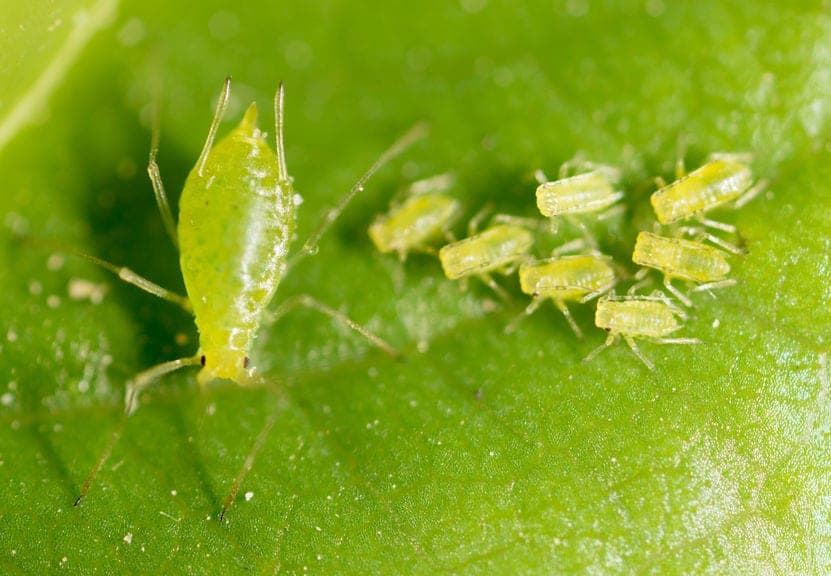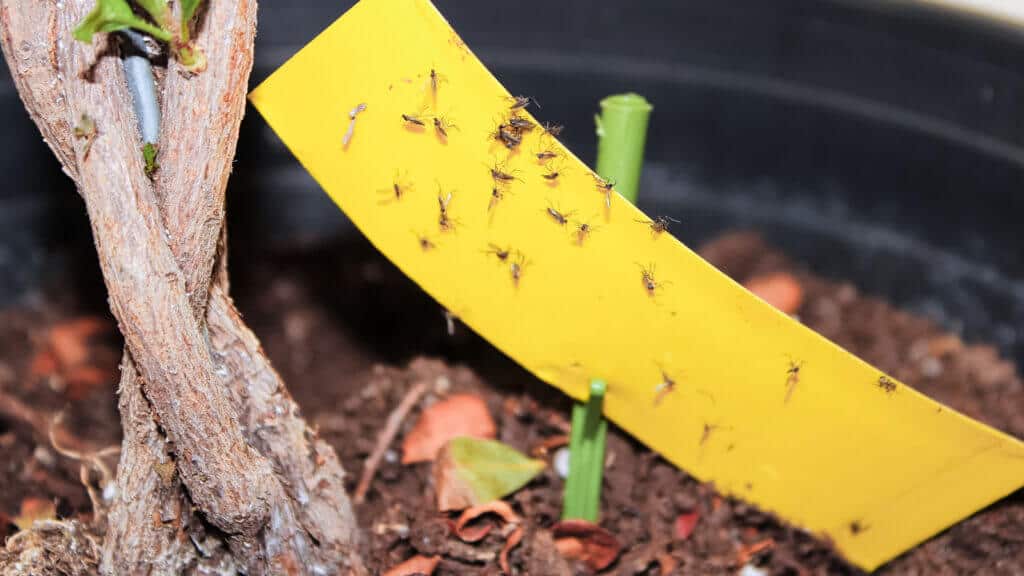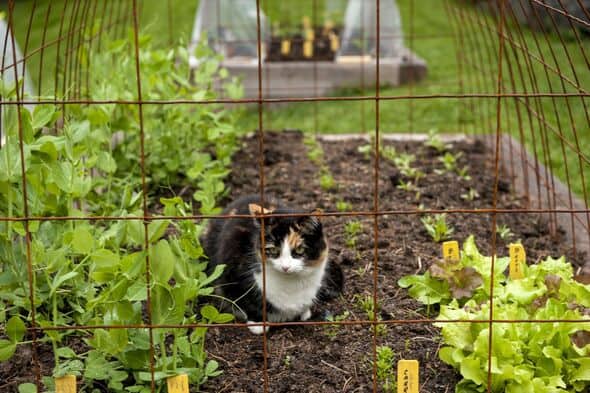Aphids are tiny but mighty pests that can wreak havoc on your garden if left unchecked.
These soft-bodied insects feed on plant sap, weakening stems and leaves, spreading disease, and inviting ant infestations.
Thankfully, there are effective, natural solutions to keep aphids under control without resorting to harsh chemicals.
Here are seven proven natural methods to eliminate aphids and protect your plants — all while supporting a healthy, balanced garden ecosystem.
1. Spray Them Off with Water

One of the quickest and easiest methods to deal with aphids is to use a strong stream of water to blast them off your plants.
Aphids tend to cluster on the undersides of leaves and new growth. Use a garden hose with a spray nozzle to focus water directly on the affected areas. Repeat this every few days to keep the population under control.
Pros: Simple and chemical-free.
Tip: Be gentle with delicate plants to avoid damage.
2. Attract Natural Predators

Aphids have plenty of natural enemies, and encouraging these predators to visit your garden can help maintain a balanced ecosystem.
Ladybugs, lacewings, and hoverflies are particularly fond of aphids and will make quick work of small infestations.
Planting herbs and flowers like dill, fennel, alyssum, and yarrow can attract these beneficial insects. Avoid using broad-spectrum pesticides that might kill them off.
Pros: Long-term pest control that’s sustainable and low-maintenance.
3. Use Insecticidal Soap
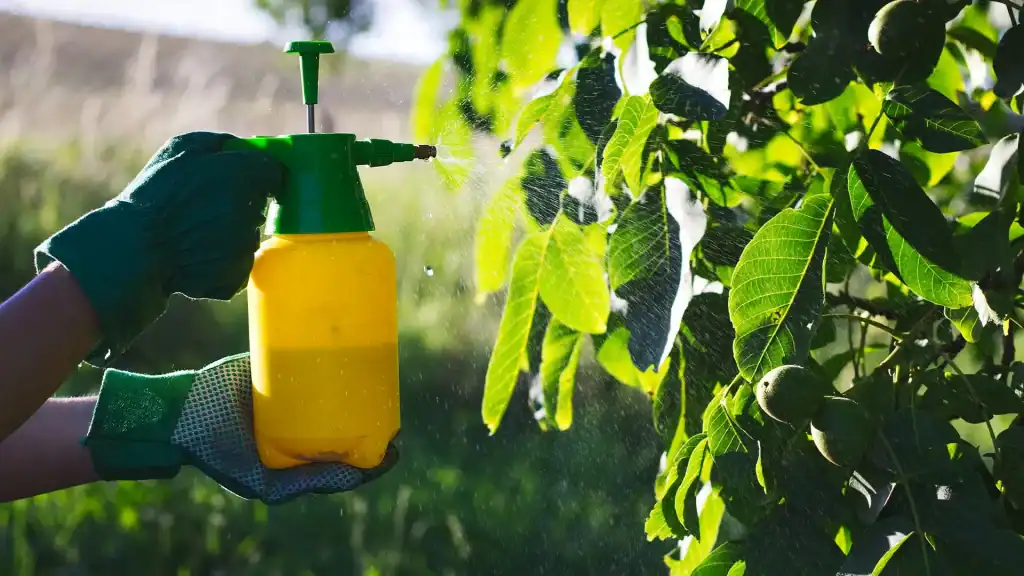
A mild solution of liquid soap and water can be used to smother aphids. The soap breaks down their protective coating, causing them to dehydrate and die.
Mix about 1-2 tablespoons of unscented liquid soap into a quart of water and spray directly onto affected plants. Ensure good coverage on the undersides of leaves, and reapply every few days as needed.
Pros: Safe for most plants and non-toxic when used properly.
Note: Test on a small area first to make sure the plant doesn’t react negatively.
4. Apply Neem Oil

Neem oil, derived from the neem tree, is a natural pesticide and insect repellent. It not only disrupts aphids’ feeding habits but also affects their reproductive cycle.
Mix neem oil with water and a few drops of mild soap to help it stick to leaves. Spray in the early morning or evening, avoiding the heat of the day. Reapply every 7–10 days for ongoing protection.
Pros: Targets multiple pests; biodegradable and safe when used correctly.
5. Try Garlic or Hot Pepper Spray

Aphids dislike strong scents and flavors. Homemade sprays made from garlic or hot peppers can act as a natural deterrent.
For garlic spray: Blend a couple of garlic bulbs with water, strain, and add a drop of liquid soap. For hot pepper spray: Mix cayenne or chili powder with water and soap.
Spray directly on the leaves of affected plants, focusing on new growth and undersides. These sprays won’t kill aphids instantly but help keep them away.
Pros: Affordable and easy to make at home.
Note: Reapply after rain or watering.
6. Use Companion Planting
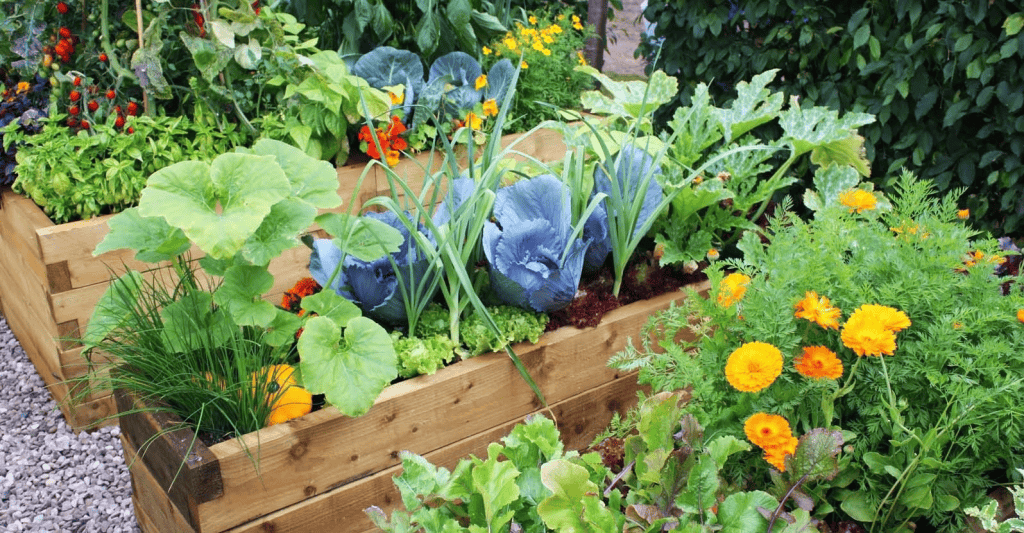
Some plants naturally repel aphids or attract their predators. Strategically planting these companions can create a garden environment that discourages infestations.
Plants like chives, garlic, and onions are natural aphid repellents. Meanwhile, marigolds and nasturtiums lure aphids away from your vegetables and can serve as sacrificial plants.
Pros: Enhances garden health, provides flowers and herbs, and adds beauty.
Tip: Rotate and refresh companion plants seasonally for continued protection.
7. Dust with Diatomaceous Earth

Diatomaceous earth is a fine, natural powder made from fossilized algae. When insects come into contact with it, it damages their outer layer and causes them to dehydrate.
Sprinkle it directly on soil and plant leaves, especially where aphids gather. Use only food-grade diatomaceous earth, and reapply after watering or rain.
Pros: Non-toxic and effective against a wide range of garden pests.
Caution: Avoid inhaling the dust and keep it away from pollinators when possible.
Final Thoughts
Aphids may be persistent, but with natural methods, you can fight back without harming your garden or the environment. These seven solutions — from simple water sprays to smart planting strategies — can work alone or in combination to restore balance to your garden.
Monitor your plants regularly, stay proactive, and with a bit of consistency, you’ll keep your plants healthy, vibrant, and aphid-free — naturally.
I’m Anastasios Moulios, co-founder of DIY Cozy Living. I enjoy finding creative, practical ways to make small spaces feel warm, stylish, and lived-in — whether it’s a camper, a backyard, or a cozy room inside. I started this blog with Katerina to share real ideas that make home feel a little more personal and a lot more comfortable.

